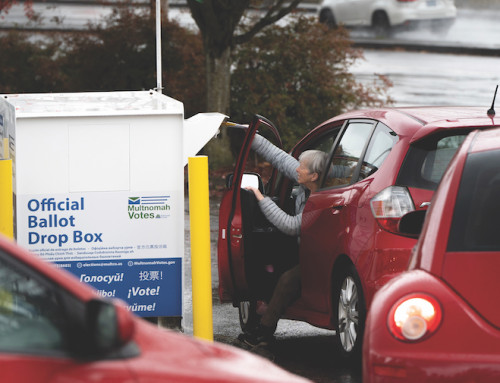WASHINGTON (AP) — The IRS says pastors who endorse political candidates from the pulpit should not have to risk losing their tax-exempt status.
The move effectively calls for a carve out for religious organizations from the rarely used IRS rule called the Johnson Amendment, put in place in 1954 and named after then-Sen. Lyndon Johnson. The amendment to the U.S. tax code prohibits tax-exempt organizations, including churches, from endorsing or opposing political candidates.
In a joint court filing intended to end an ongoing case against the IRS, the tax collection agency, the National Religious Broadcasters Association — an Evangelical media consortium — and other plaintiffs have asked a federal court in Texas to stop the government from enforcing the Johnson Amendment against the plaintiffs.
The Christian media group and others filed suit against the IRS last August, stating that the amendment violates their First Amendment rights to freedom of speech and free exercise of religion, among other legal protections. The IRS and plaintiffs wrote this week that the Johnson Amendment should be interpreted “so that it does not reach communications from a house of worship to its congregation in connection with religious services through its usual channels of communication on matters of faith.”








